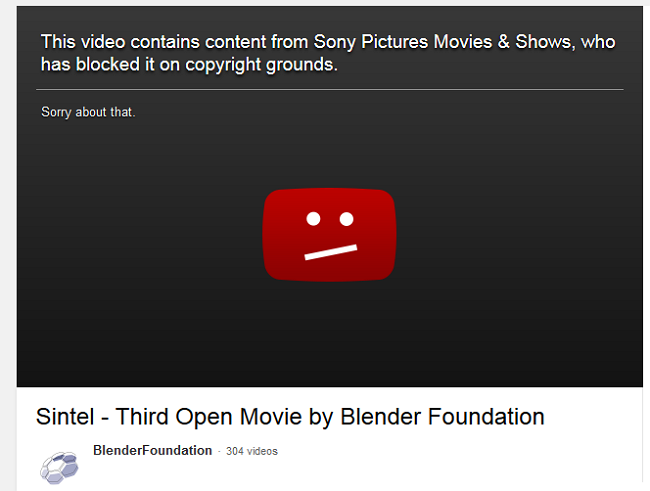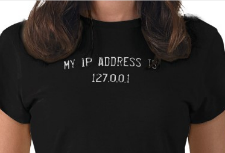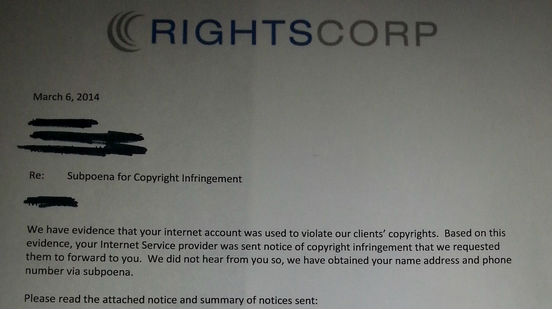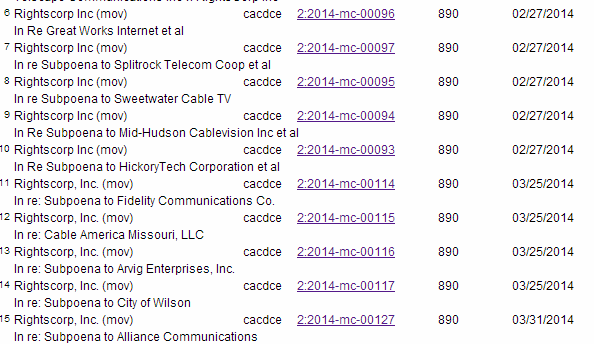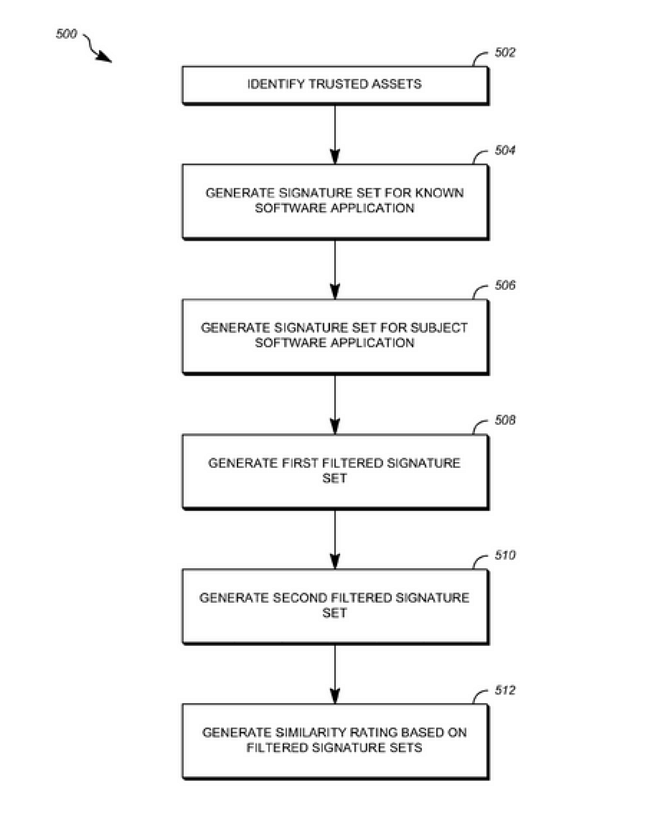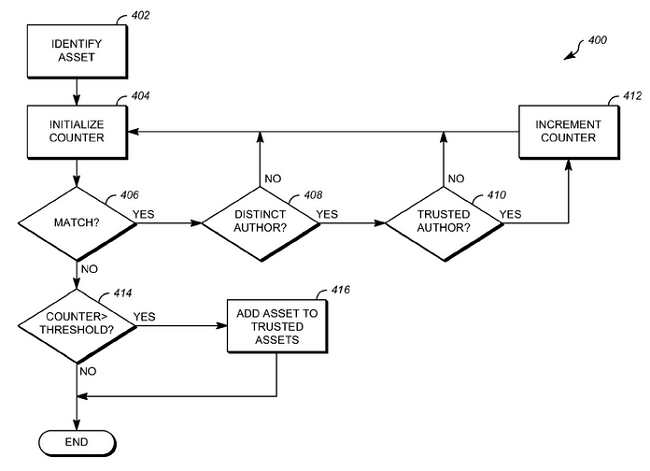The Next Five Years Could Determine Our Liberties
dimanche 6 avril 2014 à 22:19This European Parliament was elected in June 2009. Its term is coming to an end, and new elections are coming up in six weeks. As a movement for net liberty, we’ve had unprecedented successes holding the corporate forces of darkness at bay during this term – but the next term is going to give us a chance to reverse the trend of bad things and start making good things happen instead.
It’s no secret that I’m the founder of the Swedish and first Pirate Party, and that we’ve delivered during our term in the Europarl since 2009, as one important part of this liberty movement. We stopped three strikes in Europe – most people don’t even remember that it was a real danger that the copyright industry could do something as unthinkable as actually shut people off the Internet en masse by just pointing fingers. Our people on the inside were also critical in stopping ACTA. Our line with strong Net Neutrality, going against the European Commission, just won an important first reading on the European Parliament floor. We managed to get mainline support for a radical copyright monopoly reform proposal that would, as part of the package, fully legalize noncommercial file-sharing and ban DRM. This is not news, just background.
For the past five years, we’ve seen important battles being fought where we – we as a liberty movement and pretty much as a whole generation – have managed to keep dark forces at bay. The next five years will give us an opportunity to go on the offensive and actually start improving the legal state of things, rather than just preventing them from getting worse. I cannot overemphasize how great this opportunity is. However, this obviously requires that we have people in the European Parliament who can outvoice the corporate lobbyists.
Outvoicing lobbyists isn’t actually a very hard thing to do, if you’re a Member of Parliament yourself. Lobbyists have a strong voice when, and only when, MPs and MEPs don’t have a good view of the subject on their own. When people on the inside of Parliament are able to call out the lobbyist bullshit as just that, those lobbyists lose an enormous amount of influence. That’s why it’s absolutely critical to have people – individuals – in office who understand the issues and are able to do so.
The issues for the coming five years will be an opportunity to go on the offensive for liberty. We’ve already had a first reading of strong Net Neutrality in Europe, locking down the fundamental principle of the net that everybody’s an equal, and denying the telcos the right to seek rent for running a business. This is absolutely critical – it’s a matter of whether we want free enterprise in Europe or not. We’ve won in a so-called first reading, but this issue will bounce a bit between the EU institutions until determined, so it will spill over past the election and be finalized by the next European Parliament.
Net Neutrality will be finalized in the next five years.
On an even stronger note, the entire copyright monopoly will be rewritten in the European Union in the next five years. Literally everything is up in the air, and many lobbyists will be fighting for the corporate clampdown on liberty and freedom of speech. But we’ve learned how to outvoice and outcompete those activists now. There is a very real possibility that we can finally settle that freedom of speech, messenger immunity, and the civil liberties we exercise through the net (mostly all of them) totally, unequivocally, and unambiguously supersede the copyright monopoly – a distribution monopoly for a powerful but basically unnecessary entertainment industry.
Legalized file-sharing and a ban on DRM can be a reality in the next five years.
The future of the net is being determined in the next six weeks. And what happens in Europe, will necessarily spill over to the rest of the world – if file-sharing is legal in Europe, no country is able to effectively outlaw it, as it only takes one country to undo today’s ridiculous monopoly. Once file-sharing is completely legal, and I really want to underscore that this is within reach now, any lobbyism from the copyright industry for harsher penalties will be for absolutely nothing, as you can’t penalize a legal action to begin with.
Obviously, I’m not going to use a TorrentFreak column to tell people to vote Pirate. That would be abuse of column privileges, and besides, most everybody know I’m the founder of the Pirate party movement, so people would read it like that anyway. But the reason I founded this movement is because I think there was and still is a critical shortage of politicians who take these issues with the gravity they deserve – no, let’s say there’s a shortage of net liberty activists in office who understand the importance of the net.
So what I am going to do, if you live in Europe, is to ask you to vote in the European Elections, and to do so for a candidate who does take these issues seriously.
It doesn’t much matter what party they’re running for – all the good forces cooperate on an individual level in the European Parliament, regardless of party affiliation, and we need individuals in parliament who understand net neutrality, basic liberty, and the problems with Industrial Protectionism (IP) at a deep level. After all, if you’re reading TorrentFreak, odds are overwhelmingly in favor of you understanding the crucial importance of these issues to every aspect of our common future.
In May, that future is in your hands. What I ask is that you participate.

About The Author
Rick Falkvinge is a regular columnist on TorrentFreak, sharing his thoughts every other week. He is the founder of the Swedish and first Pirate Party, a whisky aficionado, and a low-altitude motorcycle pilot. His blog at falkvinge.net focuses on information policy.
Book Falkvinge as speaker?
Source: TorrentFreak, for the latest info on copyright, file-sharing and anonymous VPN services.


